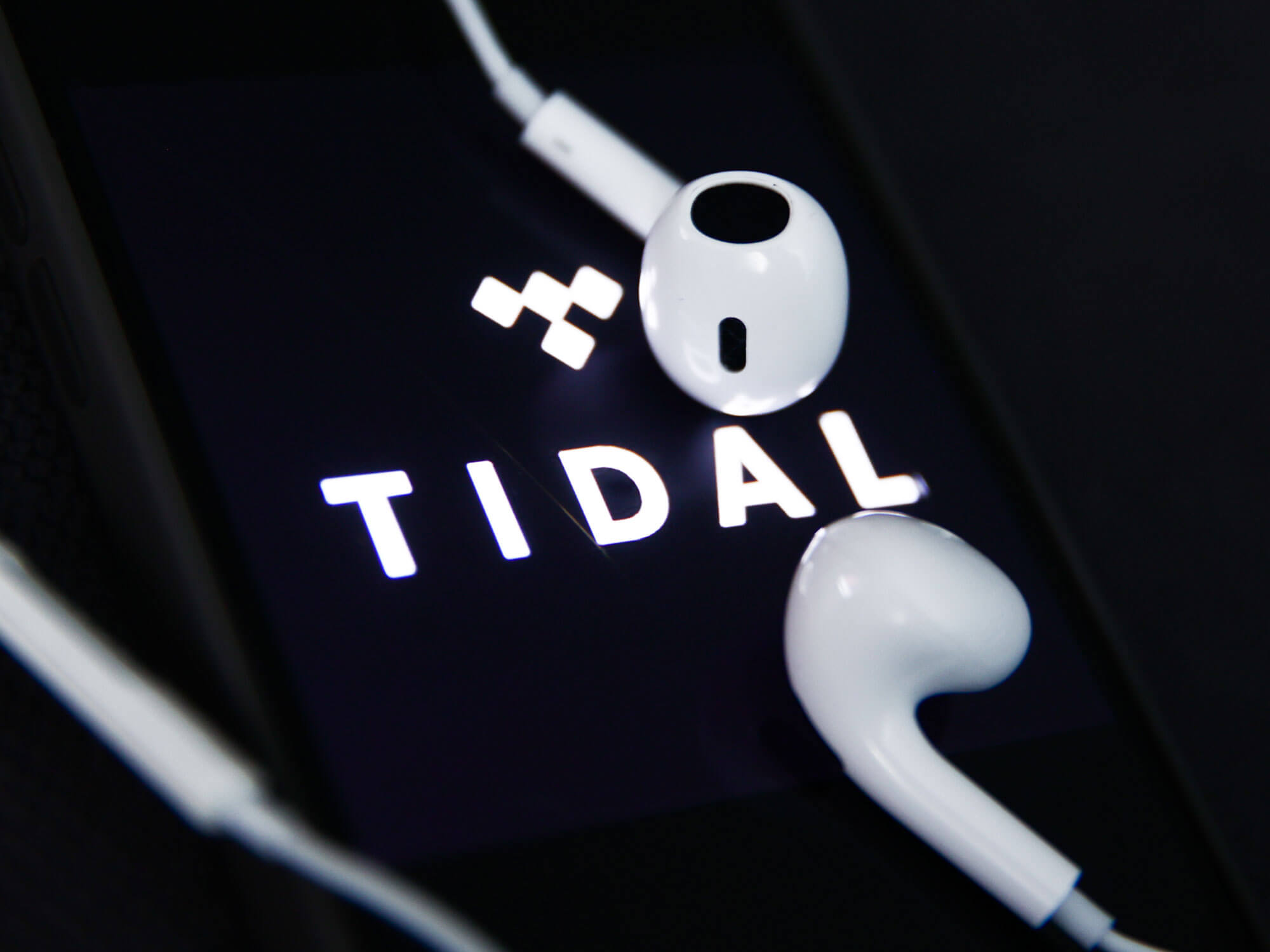Over one million “manipulated” tracks on streaming services are “diverting revenue away” from artists, recent study shows
These “manipulated” tracks mostly arrive in the form of original songs that have been sped up, slowed down, or “modified” in some capacity.

Credit: Jakub Porzycki/NurPhoto via Getty Images
A recent study by digital rights tech firm Pex has spotlighted over one million “manipulated” tracks on streaming services that are “diverting revenue away” from creators.
According to data from November 2023, there are more than a million of what Pex calls “modified audio tracks” – tracks that have been sped up, slowed down, or otherwise “manipulated”, and then uploaded as a new recording on sites such as Spotify, Apple Music and TIDAL.
Examples cited include a sped-up version of Halsey’s Without Me, with nearly 6 million streams on Spotify, as well as a modified version of Something Just Like This by The Chainsmokers and Coldplay that’s earned over 12 million plays on the platform.
The issue, says Pex, is that most of these modified songs haven’t licensed the original tracks, but are earning royalties from DSP streams – a move that could very well be “taking millions from the rightful copyright owners.”
Speaking with Music Business World, Pex CEO Rasty Turek explains: “From our research, at least 1% of all music has some kind of modified audio, and the existing systems are not catching that up. So that means at least 1% of all music is misattributed and misappropriated in that sense. And… this means a lot of artists are essentially mis-paid [given how much] they are played.”
He adds: “There is [a] huge following of people trying to essentially enjoy content like this. Nightcore mixes, and so on. And I do think that there is a legitimate seed to the movement. If people enjoy this kind of music, they should absolutely have access to it.”
“But at the same time, proper attribution should be required. And this is much more up to the platforms and services than it is up to the artist to essentially go and fish out.”
In the meantime, Spotify recently announced some major changes to its royalty payout model in a bid to combat “drains on the royalty pool” and direct more money to working artists.